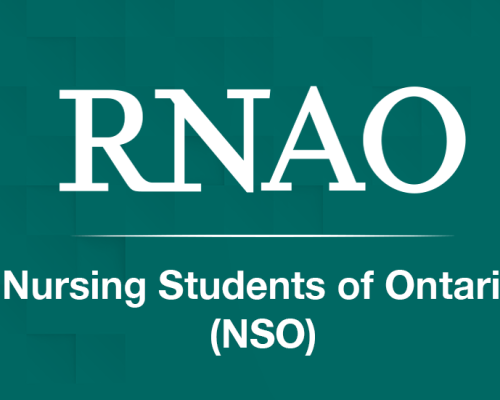
About this event:
Join us for this incredible event that delves into the vital role of nurses in understanding and addressing the impact of social determinants of health (SDOH) on individuals and groups. As health-care professionals, nurses play a crucial role not only in providing medical care but also in recognizing the broader social factors influencing health, enabling them to become compassionate, knowledgeable and proactive advocates for their patient’s well-being.
Date and time: May 8, 2024 6–8 p.m. ET
Event Delivery: Webinar
Key speakers:
-
Anita Tsang-sit, RN, BScN, BA, CRM(c), MPH - Director, Risk Management and Insurance at Toronto Community Housing Corporation
-
Bernice Yanful, PhD, RN, BScN, MPH - Knowledge Translation Specialist, National Collaborating Centre for Determinants of Health (NCCDH)
-
Julia Jingxi Shi, BHSc, RN, BScN, MPH - Nursing and Health Policy Analyst – SDOH, Registered Nurses Association of Ontario (RNAO)
Event description:
Health care is more than just diagnosing illnesses and providing medical treatments; it’s about understanding the complex web of factors that shape an individual’s well-being. The SDOH are the conditions in which people are born, grow, live, work and age, and they have a profound impact on a person’s health outcomes. Recognizing the importance of addressing SDOH, especially for nursing professionals, this webinar aims to shed light on this critical topic and equip nursing students with the knowledge and tools to incorporate these factors into their assessments and care plans.
Why is this event important to me?
-
Holistic patient-centered care: Nursing is shifting towards a more holistic approach that considers not just the physical health of patients, but also their social, economic and environmental circumstances. This event highlights the need for nursing students to adopt a patient-centered approach that considers the full spectrum of factors influencing health.
-
Health equity and advocacy: By understanding SDOH, nursing students can become advocates for health equity. Nursing students will recognize disparities in health-care access and outcomes based on social factors such as income, education, and race and work towards eliminating these disparities through informed care and advocacy.
-
Enhanced assessment skills: Incorporating SDOH into nursing assessments enables a more comprehensive understanding of a patient’ health. By considering factors like housing stability, access to nutritious foods, employment and social support, nursing students can develop care plans that address root causes rather than just treating symptoms.
-
Informed decision-making: The ability to assess SDOH empowers you to make more informed decisions. For instance, understanding a patient’s living conditions can help anticipate potential challenges in following medical recommendations or managing chronic conditions.
-
Collaboration and interdisciplinary care: Health care is a collaborative effort, and nurses often work alongside other health-care professionals. Understanding SDOH enhances nursing students' ability to advocate and collaborate effectively with the other members of the health-care team to create a holistic care plan.
-
Prevention and early intervention: SDOH plays a pivotal role in disease prevention and early intervention. If nursing students are equipped with the knowledge of these determinants, then they will be confidently able to identify at-risk individuals and intervene early, preventing health issues from worsening or developing in the first place.
-
Addressing root causes: Treating symptoms is important, but addressing the underlying causes of health issues is transformative. Nursing students who grasp the significance of SDOH can contribute to a shift towards preventative and proactive health-care strategies.
-
Empowerment of nurses: Understanding SDOH empowers you as a future nurse to take ownership of your roles beyond clinical settings. It allows you to recognize your potential as change agents in the communities and the health-care system.
-
Patient education: Equipped with knowledge about SDOH, nursing students can educate patients about the importance of factors like healthy living conditions, nutrition and access to health-care resources. This empowers patients to take control of their health journeys.
-
Future of health care: The integration of SDOH into nursing practice is not just a trend; it’s a fundamental shift in the health-care landscape. Nursing students who are well-versed in these determinants will be prepared to thrive in the evolving health-care environment.
Who should attend: Nursing students – this event is also open to all RNAO members
